Obesity is like an open invitation to several diseases that are not usually attracted to a fit body. You can no longer blame the covid lockdown for your obesity; many people have maintained their fitness journey throughout this COVID phase. We have written down the best oils for weight los to eliminate excess weight.
Now that circumstances are looking forward to being normal, you should aim to lose that extra weight and get fit, but it won’t be done in a week or two. Since it took almost 2 years for you to gain all that weight, it will take at least 6 weeks to lose a significant amount of weight.
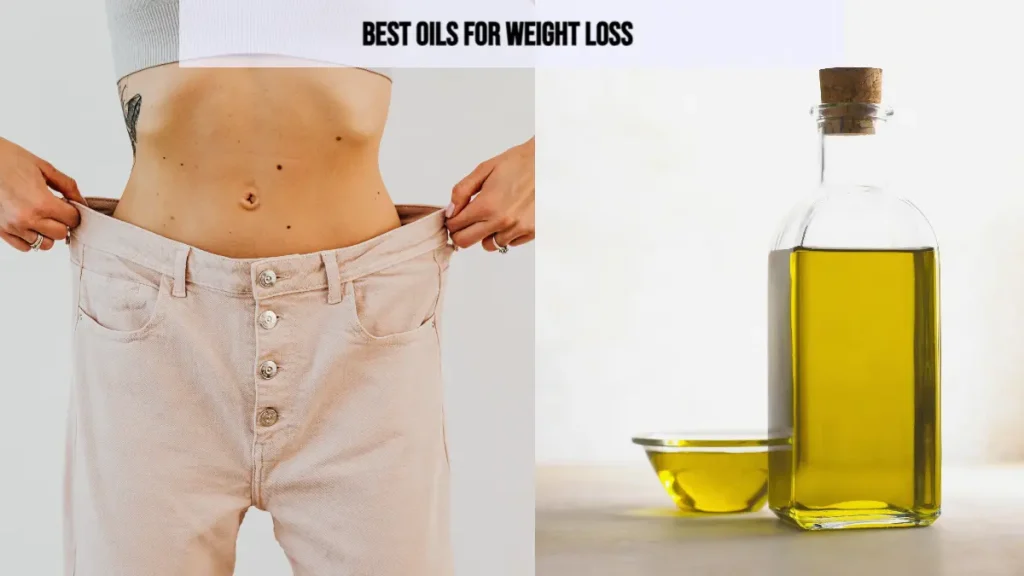
The most important part of losing weight is nutrition, in other words, what you eat.
And how do you cook food? It must look like a stupid question, but it isn’t.
The way you cook food makes a lot of difference. We all cook food in oil.
Now, as the title might have predicted, we will tell you the best available cooking oils in the market which will help you in weigwith loss.
Let’s get moving
An introduction to oils:
Okay, so oils are not fat-loss promoters. BUT BUT BUT, oils are being used in cooking because of their magical properties.
The oil contains essential macros and a significant amount of calories. For those who cook food without oil, Dry is dry; food with oil tastes brilliant and is healthy!

Oils have a few major fat components, polyunsaturated and monosaturated, essential for weight loss, andomega-6 and omega-3 fatty acids.
- The monosaturated fat component is anti-atherogenic, even if it gets stored in arteries. It is brilliant for people suffering from platelet coagulation. Also, for cardiac patients, oils help prevent cardiac arrests.
- To talk about the polyunsaturated, it also comes with omega 3, which, as assumed, is anti-inflammatory. It prevents diseases like diabetes and depression.
- In an interview, A renowned dietician said that not all oils possess all the qualities; hence, they recommended that oils be kept changing just like grains.
- Fitness nutritionists agree that oils do not promote fat growth but that switching from a high-saturated diet to a monosaturated one can help.
Coconut oils for weight loss:
- Generally in India, coconut oil is used in southern parts of the Indian subcontinent
- This oil makes food heavenly and tastier than others. When would you read about its benefits? You will buy it.
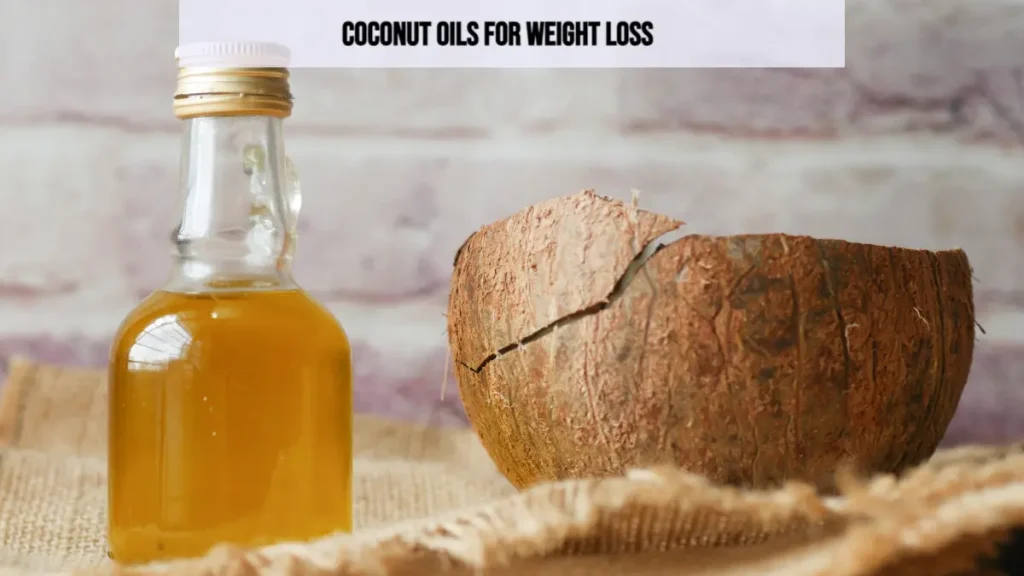
Health benefits:
- As per research and ancient scriptures, coconut oil is absorbed by the body and provides nutrition that is essential for the body. It can cure diarrhea if given to kids.
- Coconut oil is one of the vital sources of medium-chain triglycerides (MCTs), and studies have also proven that this can have some surprising weight loss benefits.
- Coconut oil contains 6% monosaturated fats and 87% saturated fat.
Olive oils for weight loss:
- The gangster of oil in fitness helps you with cardiac health issues, maintaining energy levels, improving brain functions, weight gain, and weight loss.
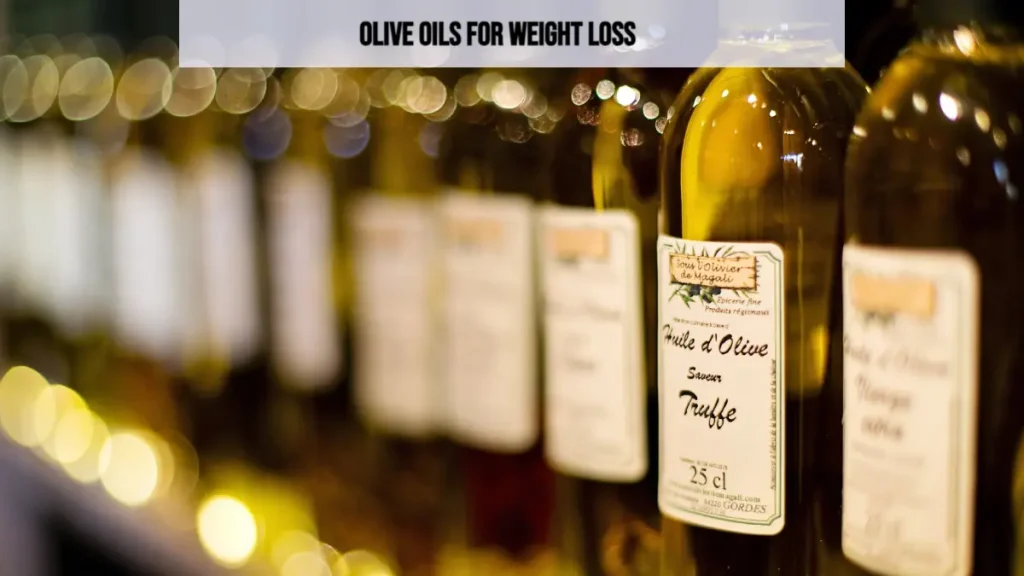
Health benefits:
- It is considered the best for cooking food when the aim is to lose fat.
- Contains a sufficient amount of monosaturated fat in both virgin and extra-virgin forms.
Canola oils for weight loss:
- The Canola oils are considered the best for frying and sauteing.
- Canola oil is very beneficial, but when compared to olive oil, it has fewer antioxidants.
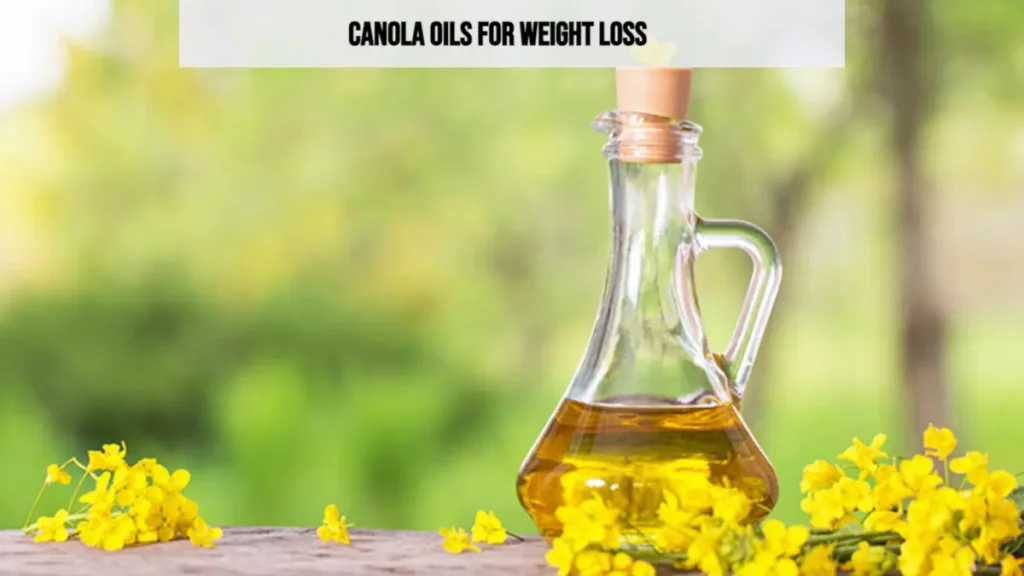
Health benefits:
- Canola oil contains a decent amount of monosaturated fat.
- It has a small amount of omega-3, too. Which is good for health.
It’s given an advantage because it can be used in frying, as mentioned earlier.
Hazelnut oils:
Hazelnut? Yeah, have you ever tasted coffee? It’s delicious, but its oil is super healthy, too.
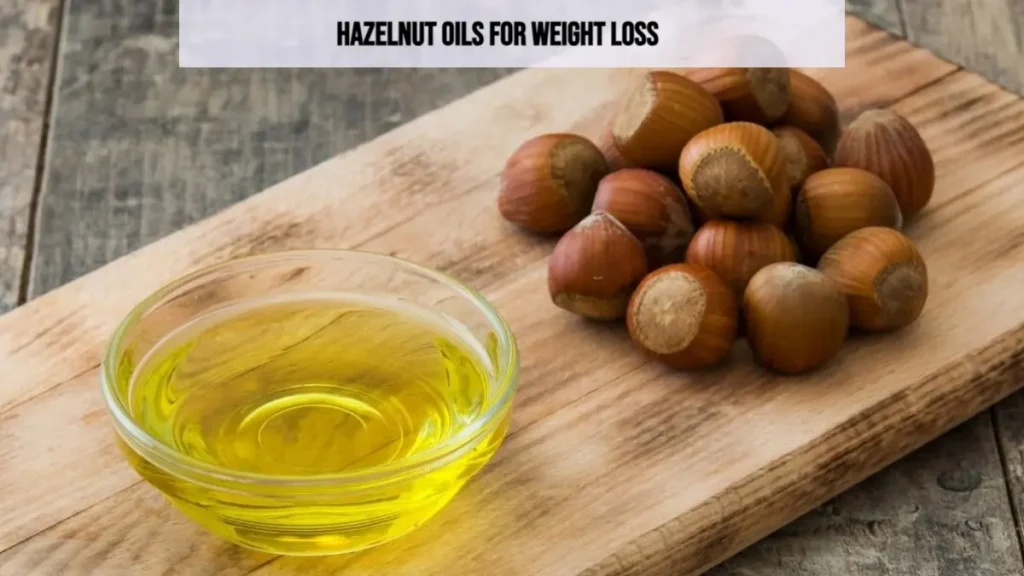
Health benefits:
- This oil contains over 82% monosaturated fat in itself.
- The quantity of saturated fat is negligible, only 7%.
Sunflower oils:
This is also marketed very much in the name of fitness: stay away from refined oils claimed to be a sunflower. Research proves that the essential macros in this flower’s cold-pressed oil can help increase metabolism.

Health benefits:
Sunflower oil comes with 79% monosaturated fat, and the rest is 14% saturated fat.
Conclusion:
These are some of the best oils you can mix to see what works for your weight loss journey.
Remember, you must consult your physician before trying something new.
We wish you good luck on your fitness journey; remember to stay consistent.
As the great Arnold says,” You must stay consistent for results to show up.”
Frequently Asked Questions (FAQs) about best oils for weight loss
A: No, different oils have varying effects on weight loss. Some oils, like olive oil and coconut oil, are considered healthier options due to their beneficial fats and potential metabolism-boosting properties.
A: Yes, certain oils can aid weight loss. For example, medium-chain triglycerides (MCTs) found in coconut oil can increase feelings of fullness and potentially boost calorie burning.
A: Olive oil is often considered one of the best oils for weight loss due to its monounsaturated fats and potential to improve satiety.
A: Yes, oils high in saturated and trans fats, such as palm and hydrogenated oils, should be avoided as they can contribute to weight gain and adverse health effects.
A: Use oils in moderation. Incorporate them into cooking, salads, or dressings, and be full of portion sizes to control calorie intake.
A: No, oils should complement a balanced diet and regular exercise. Weight loss requires a holistic approach that includes healthy eating and physical activity.
A: The amount varies based on your overall calorie intake and nutritional needs. Generally, aim for moderate portions and consider seeking advice from a nutritionist.
A: Excessive consumption of any oil can lead to excess calorie intake. Also, oils high in unhealthy fats can contribute to heart disease and other health issues.
A: Certain oils, like those rich in MCTs, have been studied for their potential role in reducing abdominal fat. However, spot reduction is generally ineffective; weight loss is key overall.
A: No, fats are essential for overall health. Choose healthier options and consume them in moderation as part of a balanced diet.
